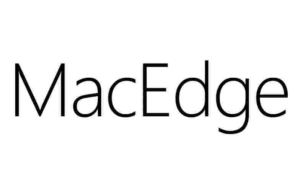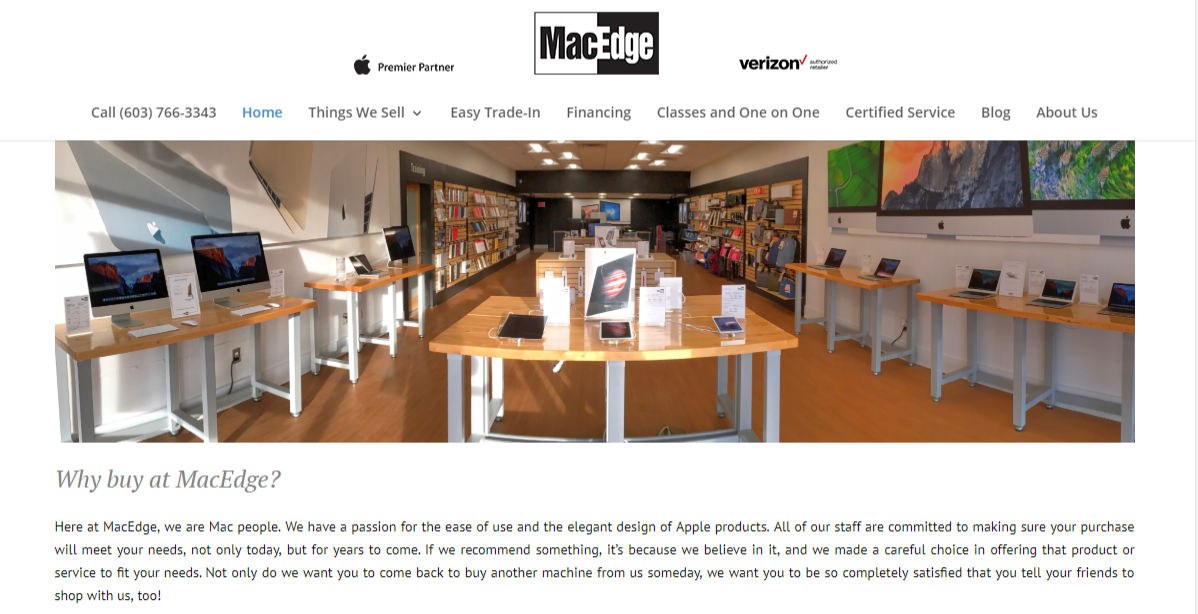Apple Inc. achieved a victory over trademark battle involving famous “iPhone”.
In a recent trademark opposition, case no. 2017-900319, the Opposition Board of Japan Patent Office (JPO) decided in favor of Apple Inc. to cancel trademark registration no. 5967983 for word mark “PriPhone” due to a likelihood of confusion with Apple’s famous “iPhone”.
“PriPhone”
Opposed mark “PriPhone” was filed by a Japanese business entity on December 26, 2016 by designating the goods of “mobile phones; smart phones; downloadable image and music files; telecommunication machines and apparatus; electronics machines, apparatus and their parts” in class 9.
The JPO admitted registration on July 28, 2017 and published for registration on August 22, 2017.
Apple’s Opposition
To oppose the registration, Apple Inc. filed an opposition against “PriPhone” on October 20, 2017.
In the opposition brief, Apple Inc. asserted the opposed mark shall be cancelled in violation of Article 4(1)(xv) of the Japan Trademark Law given a remarkable reputation of opponent mark “iPhone” since nearly a quarter of Japanese have favorably used iPhone as a personal device to connect with internet.
Apple argued the opposed registrant knowingly included famous “iPhone” trademark on the ground that the company promotes protective cases, covers for iPhone.
Article 4(1)(xv) provides that a mark shall not be registered where it is likely to cause confusion with other business entity’s well-known goods or services, to the benefit of brand owner and consumers. Theoretically, Article 4(1)(xv) is applicable to the case where both marks are dissimilar, but likely to cause confusion among relevant consumers because of a related impression attributable to reputation of the well-known mark.
Board Decision
The Opposition Board admitted a remarkable degree of reputation and popularity of opponent trademark “iPhone” among general consumers which occupies the highest share (54.1% in 2012) of the smart phone market for past five years consecutively.
In the assessment of mark similarity, the Board found “PriPhone” would be perceived containing “iPhone” in the mark, provided that “iPhone”, as a coined word, is deemed a unique and famous trademark. Besides, in view of close connection between smart phones and the goods in question, similarity with respect to consumers, it is undeniable that relevant consumers with an ordinary care are likely to conceive “iPhone” from opposed mark when used on goods in question.
Based on the foregoing, the Board decided that relevant consumers are likely to confuse or misconceive a source of the opposed mark with Apple Inc. or any entity systematically or economically connected with the opponent.
If so, opposed mark shall be cancelled in violation Article 4(1)(xv) of the trademark law.


